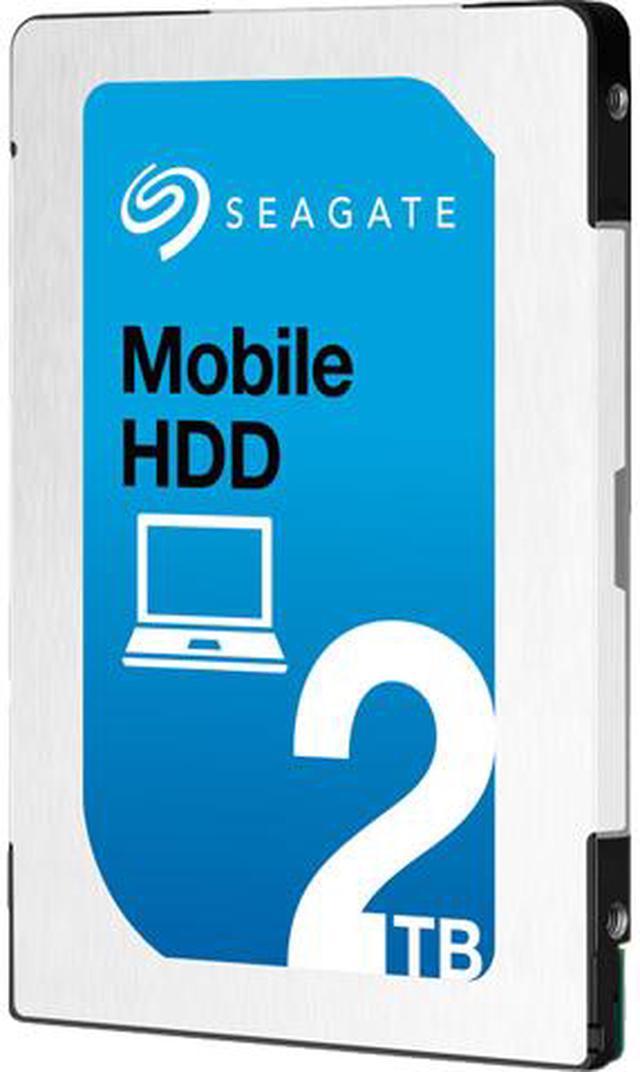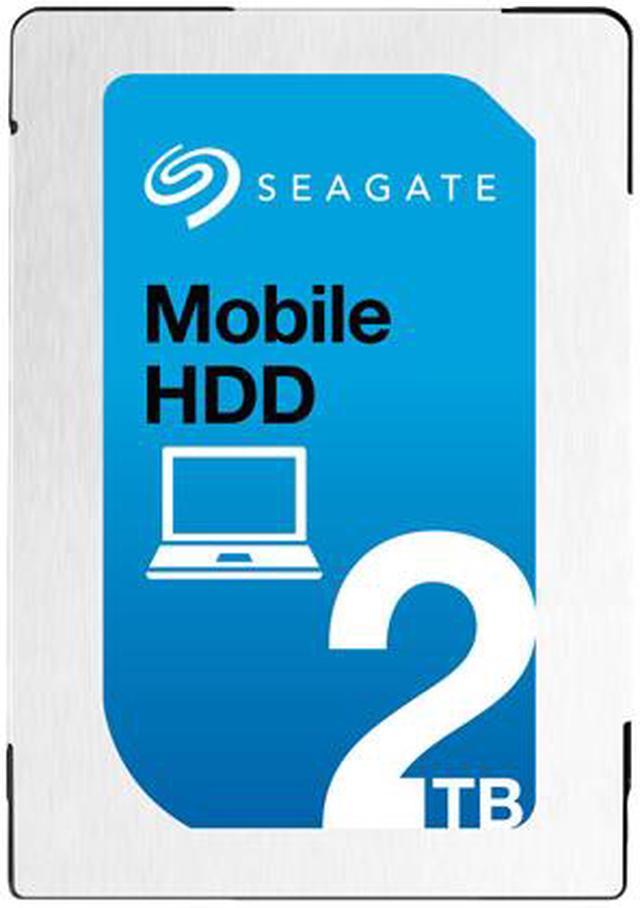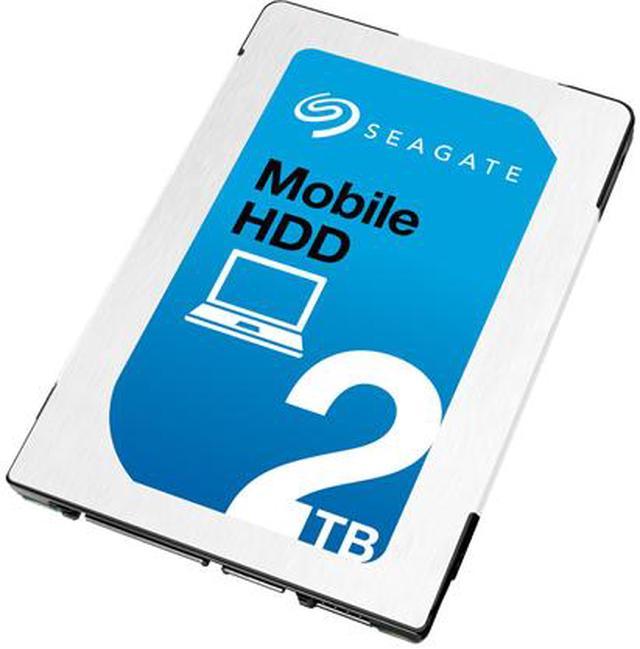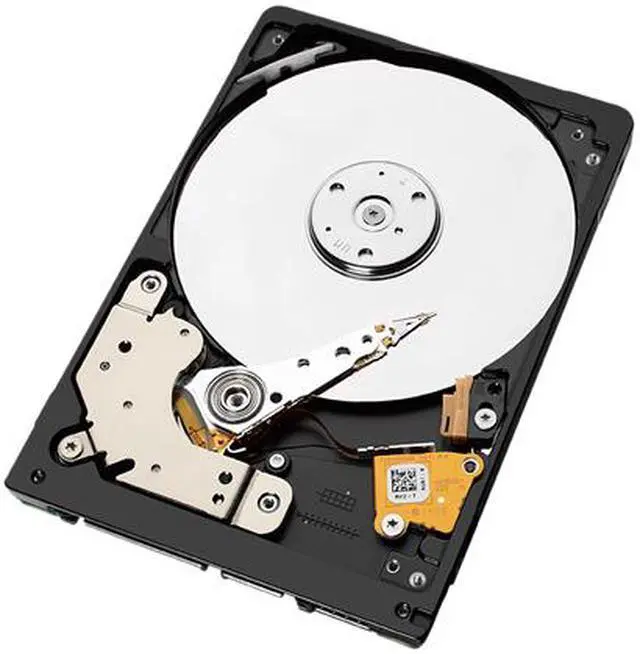| Features | Thin size. Huge storage. Amazing value.
- Seagate's highest-capacity thin 7mm laptop drives at 1TB and 2TB
- Best cost per TB and cost per millimeter for thin mobile/laptop customers
- Light in weight to support portable computers
- Enables drop-in 2TB capacity transition without the weight of traditional laptop drives
- Stores up to 200,000 photos, 250,000 songs or 124 hours of high-definition video
- Standard SATA 6Gb/s interface for easy integration into existing mobile/laptop designs
- Easy deployment for laptop upgrades while enabling the small 7mm form factor system design
Best-Fit Applications
- Traditional laptops
- Convertible and detachable storage
- Slim consumer electronics devices |
|---|



